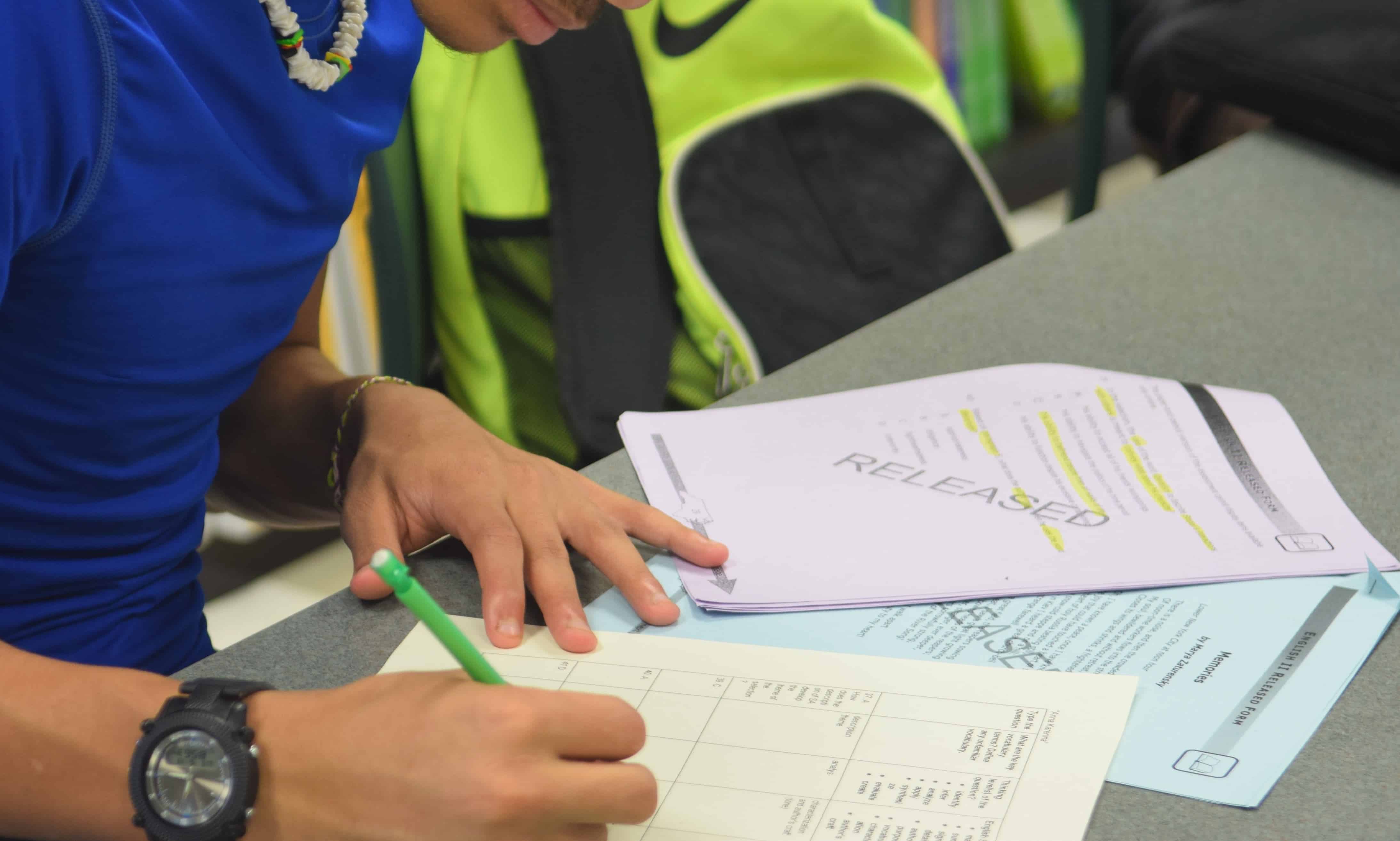Charlotte-Mecklenburg Schools is ready to “draw a line in the sand” to address gaps in equity, as a new report outlines predictive links between a school’s racial and economic demographics and how its students perform in the classroom.
The 70-page “Breaking The Link” report, unveiled Friday, shows white students “substantially outperform” black and Latinx peers “on nearly every measure.” The CMS data, from the 2016-17 school year, show the majority of students at low poverty schools are white; at high poverty schools, most students are black and Latinx.
High poverty schools in Mecklenburg County have lower standardized test scores, higher rates of chronic absenteeism and out-of-school suspension, and greater concentrations of inexperienced teachers compared to low poverty campuses.
Students who attend high poverty schools are less likely to be college- or career ready than their peers at more affluent schools. The report shows 25.4 percent of students at high poverty schools took a college-level course during the study year, compared to 61.1 percent of students at low poverty schools. The Advanced Placement exam pass rate on low poverty campuses is ten times that of high poverty schools.
None of the findings should surprise people who follow closely public education in general, or Charlotte-Mecklenburg Schools, specifically. There are well-documented links between race, poverty, and academic outcomes. CMS has struggled for years to close achievement gaps, and the district has been at the center of an debate about equity for the last few years.
Charlotte’s Opportunity Task Force, which is working to address inequality county-wide, but the group’s report, issued nearly a year ago, garnered criticism for not making specific recommendations about breaking up concentrations of poverty in Charlotte-Mecklenburg Schools. The school board, which worked for several years on a plan to redraw student assignment boundaries, ultimately adopted a proposal that did not make significant changes to student diversity system-wide.
CMS Superintendent Clayton Wilcox told reporters last week that the new report is part of an effort to be honest about the “hard truths” the data show. “The systems that are in place in this community are failing some of our families and some of our children,” he said, “and we in CMS are one of those systems.”
Wilcox and district leaders say they plan to take the findings to the community and incorporate them into a new strategic plan. Although the report doesn’t offer specific recommendations, one section might offer a hint at the board’s thinking. “The district has established as foundational that equity is not the same as equality,” the report states. “In some instances, equity means giving those with less more: more time for learning, more highly effective teachers to reduce learning gaps, more access to challenging classes.”
But CMS won’t shoulder that burden on its own.
“The Opportunity Task Force emphasized that it is our collective responsibility to create paths toward prosperity,” Breaking The Link concludes. “Its members were emphatic that neither schools nor school systems can lay such ground alone.”



